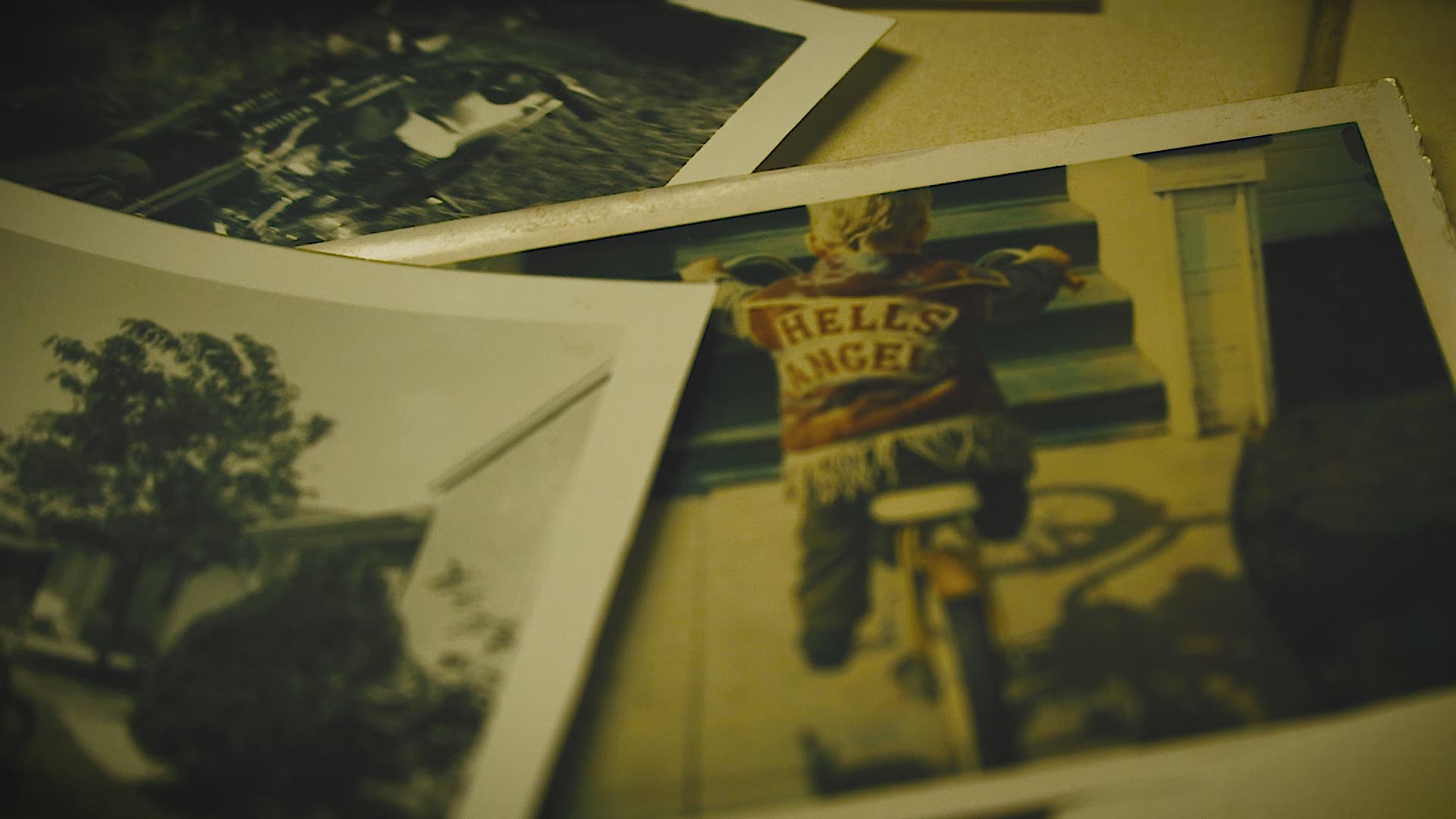January 1961: John F. Kennedy is sworn in as the 35th President of the United States; Ham the Chimp is blasted off into space; and a 48-year-old Texan named John Misterly is appointed sheriff of Sacramento.
"In a lot of ways, Misterly's mission was to prevent the 1960's from entering Sacramento County," author and local historian William Burg told ABC10 News. Burg's most recent book, "Midtown Sacramento: Creative Soul of the City," tells the story of the diverse generations of Sacramentans who shaped the neighborhood.
And Misterly is a big part of that story.
"If it was contemporary, if it had to do with youth culture, especially anything even vaguely associated with drugs, [Misterly] wanted it out," Burg said.
Shortly after taking office, Misterly aimed his sights on the Hell's Angels Motorcycle Club, which first made headlines in The Sacramento Bee in 1956 when 12 members were arrested at a house party in the Ben Ali neighborhood, north of the city.
"The biggest nemesis to law and order at that time was the Hell's Angels," former Sacramento Sheriff John McGinness said. "There were no Crips, no Bloods, no other inner-city ethnic based, narcotics-trafficking based gangs that exist today, and there was absolutely no equivocation in terms of his animus toward, and control of, the Hell's Angels."
Formed in Fontana, Calif., in 1948, the Hell's Angels quickly became the most feared and revered outlaw motorcycle club in the state. By 1957, Hell's Angels' charters had sprung up in Northern California, including a chapter in north Sacramento, where run-ins with the law were frequent.
"There was a lot of pressure (on the club)," explained Ruby Weber, widow of James "Mother" Miles, the first president of the Sacramento Hell's Angels. "Whenever they'd want to ride, [Misterly would] have the cops following them around and pulling them over for, just like now, for any reason, you know?"
In 1964, when the heat from Misterly and his deputies became too heavy, one club member, Ernest Cannada, appeared before the Sacramento City Council and read a letter protesting alleged harassment of the Angels. The city manager was requested to investigate Cannada's claim and submit a report at the following meeting.
ABC10 requested a copy of that report, but was told it was destroyed.
"The legend is," McGinness recalled, "as Hell's Angels would ride their motorcycles on freeways, or surface streets, into the County of Sacramento, they would actually pull over and stop, dismount their motorcycles, remove their vests that flew their colors — the Hell's Angels insignia — because word was out: You do not fly Hell's Angels colors in the County of Sacramento."
The following spring, "Mother" Miles had enough, and disbanded the Sacramento chapter, moving the club to Richmond where they became Nomads riding with other charters that already existed in the Bay Area. Papers as far south as Los Angeles, and Eureka, to the north, carried the story:
Misterly took credit for the club's ouster, but told The Sacramento Bee that his deputies didn't harass the club, they "were just giving them plenty of police protection so they wouldn't get into trouble." Yet his supporters at the time said his "harassment techniques" were "instrumental in the breakup of the Hell's Angels," according to a later Bee article.
Despite the feud between the club and the sheriff's department, a one-day truce was called when, in January 1966, "Mother" Miles was killed on his bike in Berkeley after being hit by a truck. On the day of his funeral, Misterly allowed hundreds of club members to ride into the city and bury their president.
"It was extraordinary," Weber said. "But it was going to be a big bunch so escorting is also a way of controlling and keeping an eye on them."
Once services wrapped up, police escorted the Angels out of town.
While the Angels have since returned to Sacramento, one question remains: were the tactics Misterly used against the club in the '60s legal?
"Well, there'd be questions of it," McGinness said. "Certainly, again, for somebody to fly the colors of their organization, I would certainly see as an absolute exercise of their First Amendment right. So, no, I think that would be an infringement on a constitutional right. That would be unlawful. I believe there probably, also, was an element of force that would not be tolerated today."

